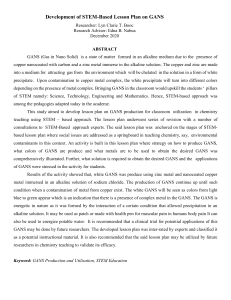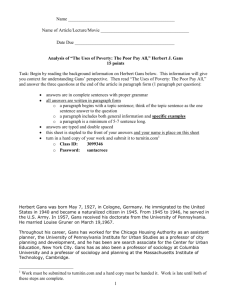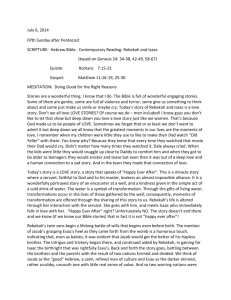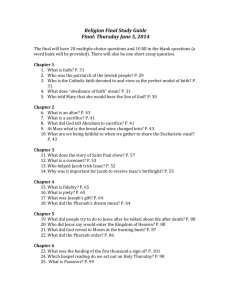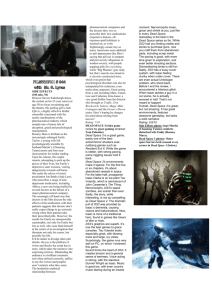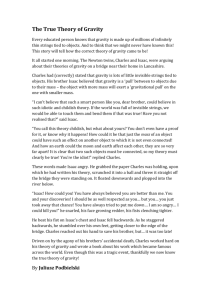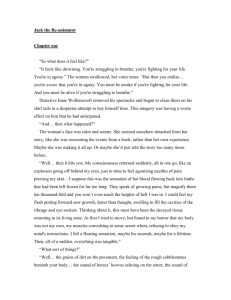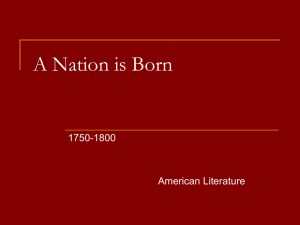,Isaac Jacob Gans
advertisement
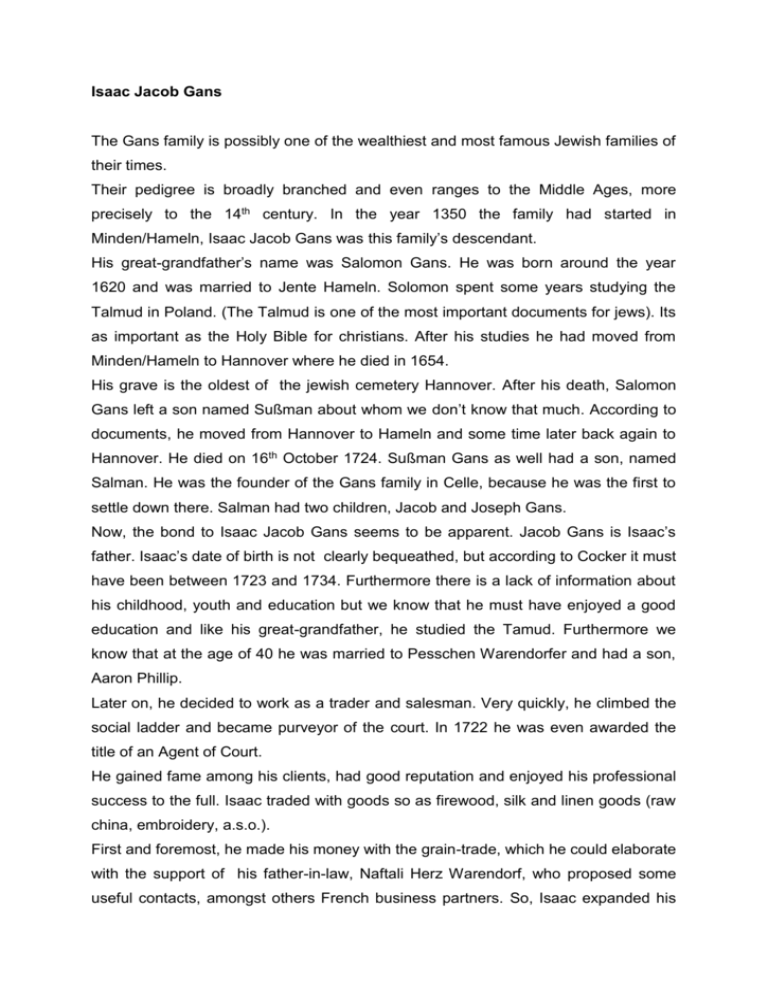
Isaac Jacob Gans The Gans family is possibly one of the wealthiest and most famous Jewish families of their times. Their pedigree is broadly branched and even ranges to the Middle Ages, more precisely to the 14th century. In the year 1350 the family had started in Minden/Hameln, Isaac Jacob Gans was this family’s descendant. His great-grandfather’s name was Salomon Gans. He was born around the year 1620 and was married to Jente Hameln. Solomon spent some years studying the Talmud in Poland. (The Talmud is one of the most important documents for jews). Its as important as the Holy Bible for christians. After his studies he had moved from Minden/Hameln to Hannover where he died in 1654. His grave is the oldest of the jewish cemetery Hannover. After his death, Salomon Gans left a son named Sußman about whom we don’t know that much. According to documents, he moved from Hannover to Hameln and some time later back again to Hannover. He died on 16th October 1724. Sußman Gans as well had a son, named Salman. He was the founder of the Gans family in Celle, because he was the first to settle down there. Salman had two children, Jacob and Joseph Gans. Now, the bond to Isaac Jacob Gans seems to be apparent. Jacob Gans is Isaac’s father. Isaac’s date of birth is not clearly bequeathed, but according to Cocker it must have been between 1723 and 1734. Furthermore there is a lack of information about his childhood, youth and education but we know that he must have enjoyed a good education and like his great-grandfather, he studied the Tamud. Furthermore we know that at the age of 40 he was married to Pesschen Warendorfer and had a son, Aaron Phillip. Later on, he decided to work as a trader and salesman. Very quickly, he climbed the social ladder and became purveyor of the court. In 1722 he was even awarded the title of an Agent of Court. He gained fame among his clients, had good reputation and enjoyed his professional success to the full. Isaac traded with goods so as firewood, silk and linen goods (raw china, embroidery, a.s.o.). First and foremost, he made his money with the grain-trade, which he could elaborate with the support of his father-in-law, Naftali Herz Warendorf, who proposed some useful contacts, amongst others French business partners. So, Isaac expanded his business connections and consequently his funds. Therefore, he was able to buy or rent several buildings in Blumelage which were mainly used as storehouses. For 30 years he had been paying a little more than 5 Reichstaler to one of his landlords with whom he could built rapport. Unfortunately, this landlord resigned the contact explaining that the attic was too heavily loaded with goods.Other private customers were involved in similar incidents, because there had been business disputes between the parties.Isaac hadn’t suffered a loss, because even later on, he was in a position to buy some more buildings in Altencelle. He was in charge of business concerns, named after himself and one very famous one, which produced tabacco. The name of the company was Fortuna and had its registered office in Blumenlage 129. Until 1705 it had been in the possession of Leffman Behrends. After having sold the tobacco factory, he had it reconstructed and renovated. Gans invested much money in the building, which aggregate value later rose to the sixfold. So Fortuna became the 12th most expensive company building in those days. Occasionally, there were 5 tabacco factories in Celle due to the fact that tobacco use increased after Thirty Years’ War. Later on, Isaac regrettably had to auction the factory. Isaac Jacob Gans died in 1798. His last will made his wife his principal heir. The rest was given to his child and to social services. These days, his grave can be visited on the Jewish Cemetary Celle.
